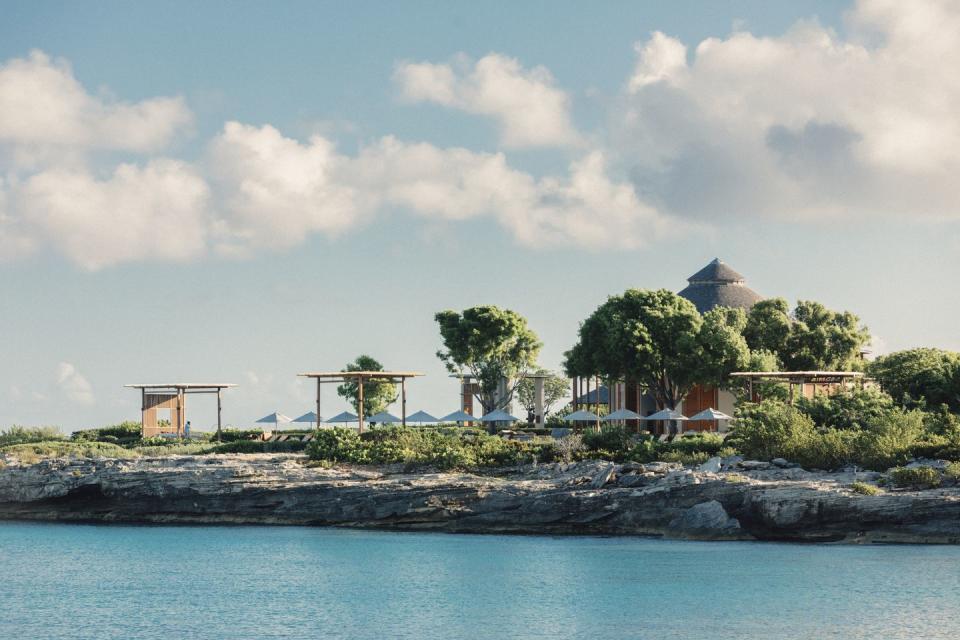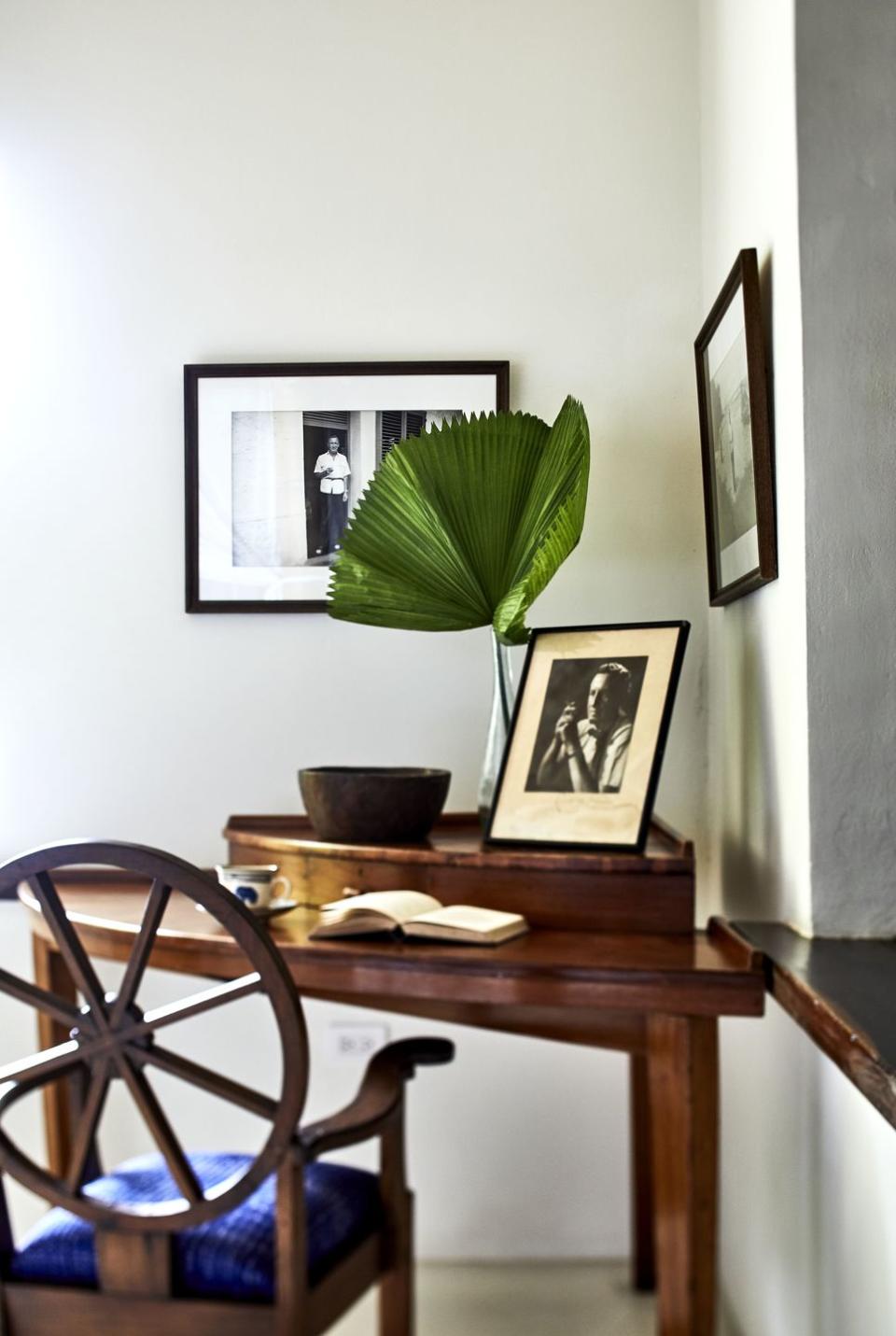Has Coronavirus Finally Put an End to the One Week Vacation?

Americans, as citizens of the world’s military, economic, and cultural superpower, have long been scrutinized and stereotyped. We are either brash and bossy, or easy, informal, and with an alluring “singing in the rain” optimism. But there is universal agreement on one national trait: We take the world’s shortest vacations.
Europeans have that month-plus “summer shutdown”; Americans worship at the altar of the “summer Friday.” Others may snigger, but it’s no wonder: The United States, according to the Center for Economic and Policy Research, is the only advanced economy that does not guarantee its workers any paid vacation time or paid national holidays; what days off we do get are entirely at employers’ discretion, and so are taken with at least a subliminal sense of anxiety, as if we weren’t in compliance with our country’s red-blooded capitalism.
Going away for a week is okay. Two consecutive weeks? Acceptable if a tad guilt inducing. Anything more—three, four, five weeks away, even if you’re entitled to them—feels like you’re on the lam.

No longer. In fact, rising phoenix-like from the ash heap of closed borders, no-sail orders, fear of flying, and quarantines is a whole new way to travel. Untethered from office and school, digital nomads—college students, families, friends—are packing up their bags and moving elsewhere for a while. “We just closed on a five-month stay in a villa in Mexico,” travel adviser Zachary Rabinor, of Journey Mexico, told me in late August.
“We had to layer on home tutors, a surf camp, and a technology upgrade package to ensure superfast internet connection.” Rabinor can’t say which villa and where: “We signed an NDA. But I am comfortable saying that we had several similar bookings recently in Los Cabos, Punta de Mita, and Costa Careyes. All the villas are beach-front, with infinity pools and full staffing. The guests are families and range from 12 to 18 people, including children. All are from the US.”

Mexico, of course, never closed it air travel borders to Americans. Ireland didn’t either, but does require a 14-day quarantine, which, if you’re staying a few months, hardly matters. Dromoland and Ashford castles now have special extended stay programs—at steep discounts—through April 1, 2021, and you can split your stay between them. The new stay-in-place travelers are popping up everywhere.
“We’ve been booking three to four weeks at the Amanyara Turks & Caicos,” says Becca Clark of Epperly Travel, which specializes in the Caribbean. “It’s ideal for social distancing, and people are loving the villas.”

Goldeneye in Jamaica, Island Records impresario Chris Blackwell’s property, is giving 30 percent off sojourns of 30 days or more at its Ian Fleming Villa, where the maestro wrote all 14 Bond books. (Here’s a WFH project for you: hole up and write your own tome, taking breaks on your own private beach.)
In the Maldives—you and yours on a palm-fringed speck in an aqua sea—Soneva Fushi is finding takers for stays of 14 nights and longer, and at One & Only Reethi Rah “it’s not unusual for people to ask for 28 days,” says Philippe Zuber, CEO of Kerzner International.

The high-end travel agency Embark Beyond has launched its “Embark Longer” program specifically to meet the demand. They have partnered with about 75 properties worldwide (from the Carlyle in New York to the Ritz-Carlton Dorado Beach in Puerto Rico, Borgo Egnazia in Italy, Las Ventanas in Mexico, and Four Seasons Costa Rica), with whom they have negotiated favorable extended-stay rates and take care of all logistics, whether you’re contemplating a one, two, or three month “mini lease,” or longer.
“We just booked a couple into one of the villas at Eden Rock St. Barths for two months,” says founder Jack Ezon. “They had one criterium: a lap pool overlooking the sea. The feeling is, there is no reason to be at home—so why not go?”
This kind of travel is slower, calmer, more exploratory, and more sustainable. “Even if you fly to get where you’re going,” points out Neil Jacobs, CEO of the environmentally conscious, wellness focused Six Senses resorts and spas, “these trips involve fewer hotels, fewer activities, and a deeper involvement with one destination. It’s the travel rainbow coming out of this nastiness.” And a new kind of Grand Tour.
You Might Also Like


